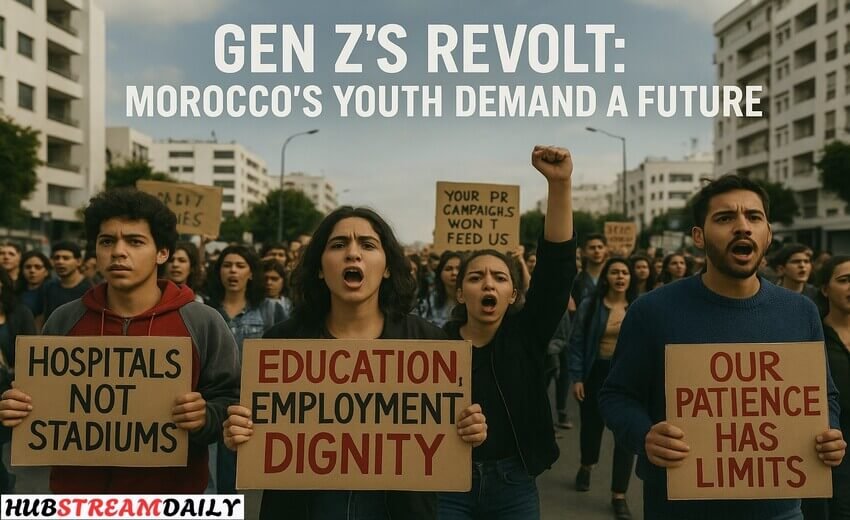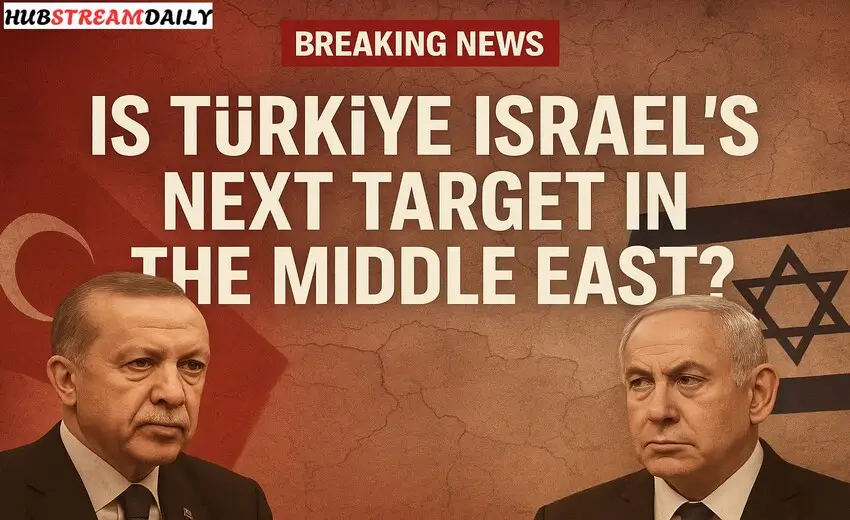
“Economic blackout” was the name given to the movement that once was known as a call for consumer activism on the margins. It, however, has found its way into the mainstream now, literally knocking at corporate America’s door, one brand at a time. The next large corporation in its range of vision is none other than McDonald’s, the worldwide fast-food empire, that offers nearly 70 million meals a day. From now on, the leaders of the movement are asking consumers to stop eating Big Macs, abstain from McFlurries and take money out of the hands of one of the most famous brands globally.
What Is the Economic Blackout Movement?
A few years ago, the economic blackout was a grassroots campaign against corporate corruption, social injustices, and the increasing cost of living. The organizers’ position is that corporations have gotten so big that they control everything while the common people suffer from inflation, stagnating wages, and growing inequality.
Supporters instead decide to use the money tool, which every consumer has, rather than holding rallies and demonstrations. They think that by not spending, they can compel companies to acknowledge their role in economic inequality, labor exploitation, and social discontent.
From online hashtags and small-scale boycotts to a nationwide debate has been the journey for the economic blackout movement. The social media networks are full of calls to “starve the corporations” – the only thing that keeps them alive, consumer spending, should be cut off.
Why McDonald’s?
McDonalds has come to be seen with its almost inescapable golden arches (that are to be found in nearly every town in the US) as more than just a fast-food chain—it is a sign of the culture. Those who are in favor of the economic blackout say that is the reason that should now be the next target.
Opponents enumerate the following points as the main issues:
Wages and Labor: In spite of being one of the biggest employers in the U.S., McDonald’s has regularly been on the receiving end of criticism for the low wages and the few benefits given to the workers who are in direct contact with customers.
Corporate profits vs. consumer pain: While food prices rise all over, many people view McDonald’s increase in the prices of the menu as a classic case of business pushing for higher profits at the expense of the customers.
Cultural Influence: Organizers say that boycotting McDonald’s delivers a strong message since the brand is the most representative of American consumer culture.
“McDonald’s is the epitome of everything that the movement is against,” one organizer posted on X (previously Twitter). “Low labor costs, huge profits, and not the slightest bit of transparency. If we manage to bring down their sales even a little, then there will be no brand out there that will feel secure.”
A Growing Trend of Boycotts
The McDonalds anti-campaign is not an isolated incident. Over the past year, we have seen that consumer pushback has been coordinating against a variety of companies, from retail chains to tech giants. In some instances, these boycotts even caused companies to lose money, and as a result, they issued public apologies or changed policies.
This phenomenon of consumer activism is not new. However, what stands out this time is the magnitude and the speed at which the economic blackout occurs. Nowadays, online communities can mobilize millions of people in a matter of hours, thus, they have a sudden, and substantial impact on the economic flow. Experts say that this is the reason why modern-day boycotts are much more powerful than those of the past decades.
“Social media has changed the game,” said Dr. Karen Mitchell, a professor of economics at NYU. “When the anger spreads quickly, refraining from buying a product can be within a matter of days. For a brand like McDonalds, it would even be like playing with millions of dollars if just a little decrease in customer visits was converted into a drop in the revenue.”
McDonald’s Response—So Far
At present, McDonald’s is silent on the boycott. In the past, the company has not given much importance to the protests by the consumers but has instead banked on the loyalty of its customer base to overcome the adverse publicity.
However, insiders claim that the company is taking it seriously. Business Insider reports a leaked internal memo stating that the executives are constantly updating themselves on the progress of the movement and mental rehearsing of the range of scenarios possibly including sales falling in the initial days of the campaign.
Will McDonald’s make an announcement to divert consumer attention, or try to dissociate the brand from the movement through a press release, or will it be silent? The answer lies only in the future.
The Stakes Are High
McDonalds makes more than $23 billion in revenue per year in the U.S. only. Even a small 1% decrease in the number of visits to the stores could lead to the value of losses in millions of dollars. For the blackout movement of the economy, such a defeat would be an indication of how consumer power is not just words but has real strength.
However, some doubters are questioning the duration of such actions. Though hashtags are rapidly popular, changing consumer habits is a tough task. The fact that millions of Americans are consuming fast food mainly for its cheapness and practicality, makes the organizers job to transform the online support into real influence, quite difficult.
Voices From the Movement
Boycott in the view of the supporters is not only about losing money but is also about winning power.
“What we lack is not money, but brains, so it is not outspending but outsmarting them we can do,” said Angela Torres, a community activist in Chicago. “Each dollar that is not spent at McDonald’s is a vote that goes to the system we live under which is failing us.”
Moreover, some refer to the phenomenological aspect of the event. “McDonalds is omnipresent. In case people come to the conclusion that those arches are a little emptier, this indicates louder than any protest sign,” wrote one supporter in the comments of an online forum.
Critics Push Back
Not everyone sees the picture of the strategy in the critics way. They say that the means of pressure like boycotts only end up damaging the very workers the activists are speaking for. The shortfall in sales can result in the cut of working hours, people getting laid off, as well as causing more aggravation to low-wage workers.
Furthermore, economists remark that consumer boycotts seldom bring about deep-rooted changes in the system if they are not accompanied by continuous pressure and explicit demands. “Not eating a burger won’t alter capitalism,” said Dr. Richard Hale, a business analyst. “In the absence of such a coordinated, long-term plan, boycotts lose their momentum once media and public attention move on.”
What Comes Next?
At the moment, McDonald’s is under the spotlight. Will the economic resistance shake the fast food empire to its core and force the swinging doors to close or will the giant refuse to be stomped out by a boycott?
The movement leaders assert that it is only a start. They are giving the signal that not only one but many other corporate giants, including retail chains and tech platforms, are on the horizon as the next targets.
“The blackout is definitely not about just one brand,” a rallying livestream organizer remarked. “It’s about reclaiming the power that we as consumers lost. If we managed to pull it off with McDonald’s, we would be able to do it with any other.”
A Battle Between Wallets and Corporations
The spread of the economic blackout into more mainstream brands such as McDonalds is a turning point in todays activism. It is a confrontation between the daily consumption of the average person and the corporations with billions of dollars, to find out who really controls the market.
It is still unclear whether this boycott will be known as a one-time protest or the beginning of a radical change in consumers behavior. However, the movement has definitely gone down deep and the most famous fast-food chain in America has become the epicenter of a cultural and economic fight.
As the boycott is officially starting today, a million people are being asked to make a very simple choice: fries or fairness, burgers or boycott.





